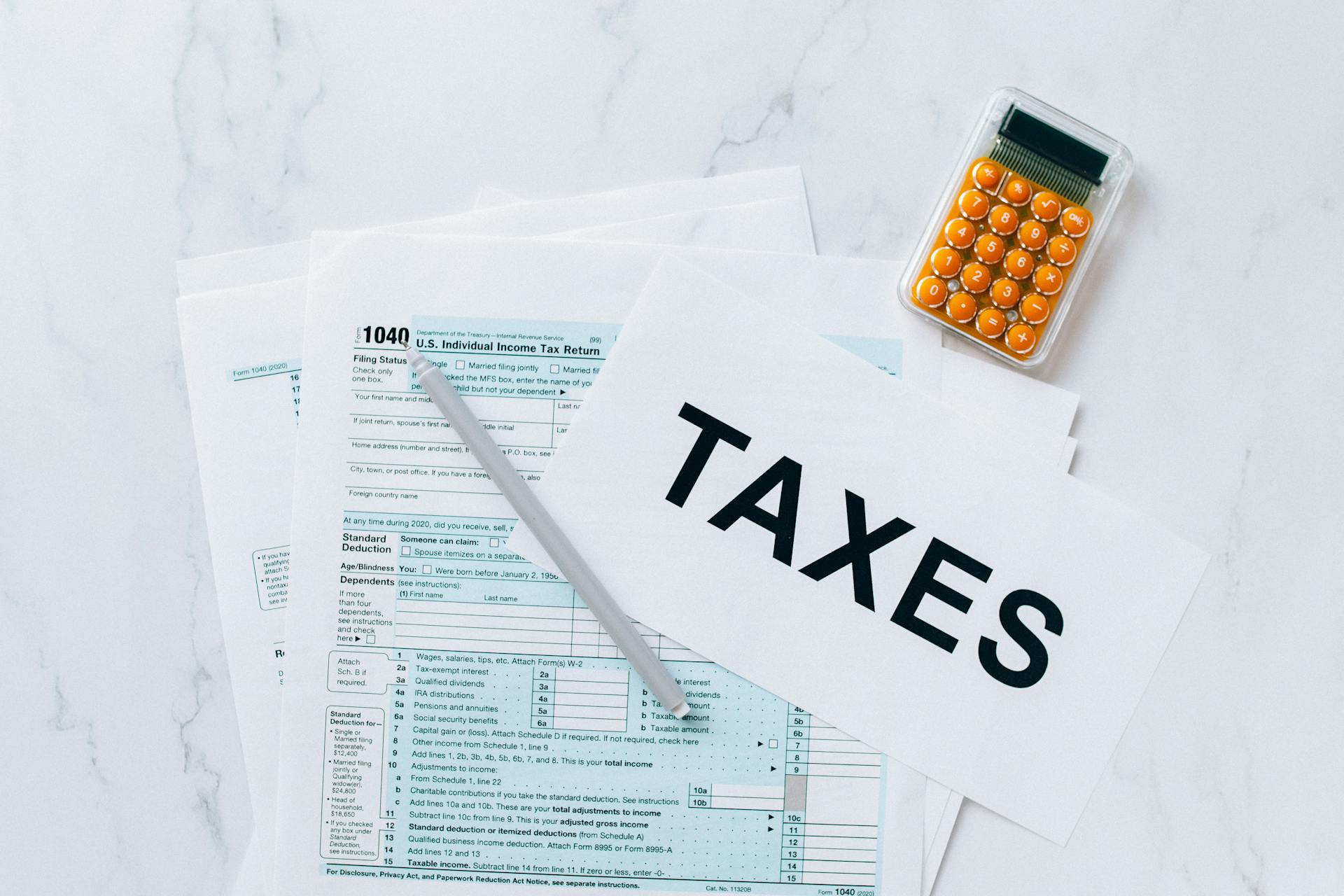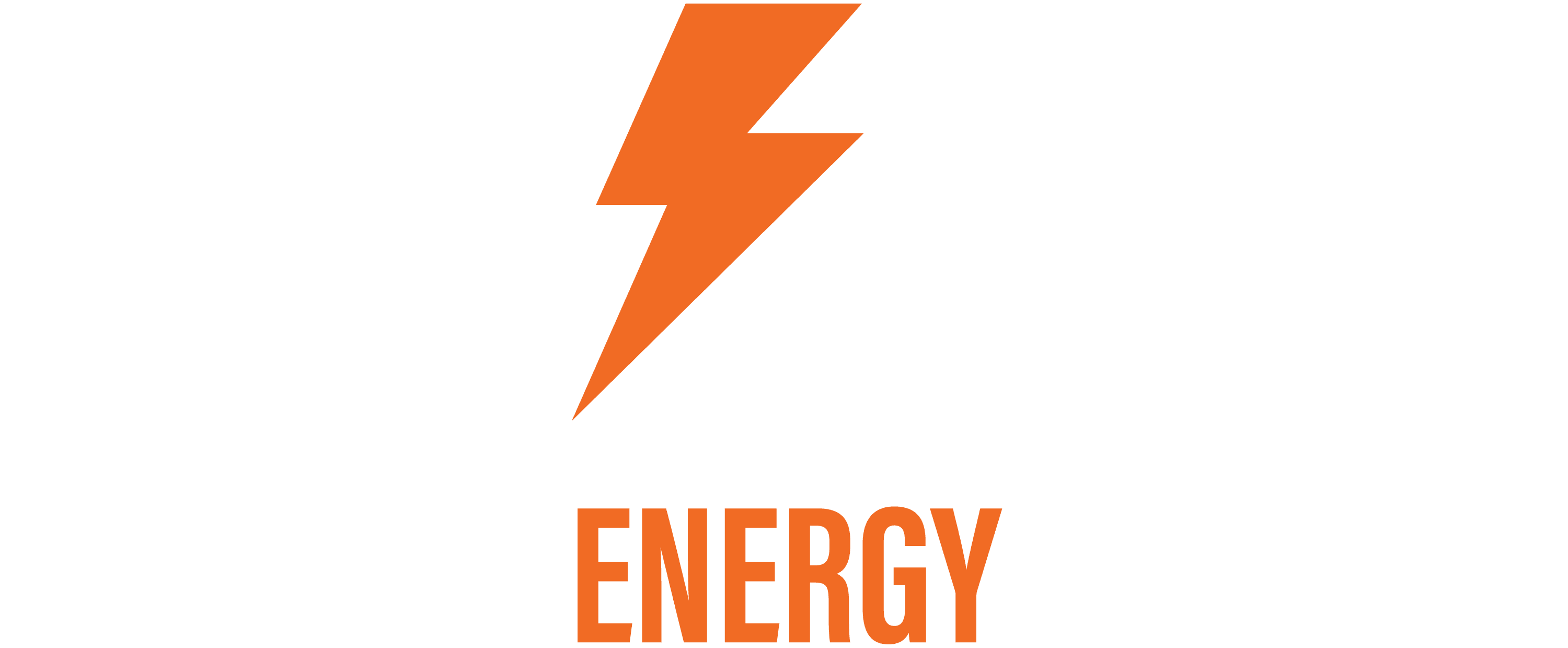Blog
The Federal Investment Tax Credit – Everything You Need To Know

Of all the solar incentives for New Yorkers, the most significant one available for solar energy systems is the Federal Investment Tax Credit, or FITC. This credit can help you save a substantial amount on your solar installation, so let’s dive in and see how it works!
Note: Although Smarter Energy Services is a solar company in New York, we should note that the FITC is available in all 50 states and not New York specific.
To get a solar quote, visit our “Am I Eligible?” page.
What is the FITC?
The Federal Investment Tax Credit, also known as the FITC or the Investment Tax Credit (ITC), is a federal incentive that allows you to deduct a percentage of the cost of installing a home or commercial solar energy system from your federal taxes. As of now, the credit is set at 30% of your total installation costs. That means that if you have a home solar system that costs $20,000, your FITC amount will be $6,000 (30% of $20,000). After applying the credit to your taxes, you will owe $6,000 less to the federal government in taxes.
Credits vs. Deductibles
It’s important to note that the FITC is a tax credit, not a tax deductible. But what’s the difference?
Credits reduce the amount you owe in taxes.
Deductibles reduce the amount of income that gets taxed.
So in the example above, if your amount of taxable income amounted to $100,000 in a year, and owed $60,000 of that in taxes, the FITC would make it so you only owe $54,000 in taxes.
Hypothetically, if you had a deductible of $6,000 (not the FITC), that would mean only $94,000 of your income would get taxed.
Who is eligible?
Most homeowners and businesses who go solar are eligible for the FITC. Here are the key requirements:
- Ownership: You must own the solar energy system. If you’re leasing the system or using a power purchase agreement (PPA), you won’t be eligible for the FITC.
- Location: The system must be installed on your primary or secondary residence in the United States, or on a business property.
- New Installations: The credit applies to new solar installations. If you’re expanding an existing system, only the new components will be eligible for the credit.
How to claim the FITC
Claiming the FITC is pretty straightforward. In 3 steps, here’s what you do!
- Complete IRS Form 5695: This form is used to calculate your residential energy credits. You’ll need to provide details about your solar installation, including the total cost.
- Include the Credit on Your Tax Return: Once you’ve completed Form 5695, you’ll transfer the credit amount to your Form 1040. This will reduce your federal tax liability by the amount of the credit.
- Keep Records: Make sure to keep all receipts and documentation related to your solar installation. This includes contracts, invoices, and proof of payment. We hope you never get audited, but it’s best to keep these records just in case.
Benefits of the FITC
The FITC offers several benefits:
- Significant Savings: By reducing your federal tax liability, the FITC can significantly lower the overall cost of your solar installation.
- Encourages Renewable Energy: This credit is part of a broader effort to promote renewable energy and reduce our reliance on fossil fuels. By installing solar, you’re decreasing your daily pollution by a substantial amount.
- Boosts Property Value: Installing solar panels can increase the value of your property. Studies have shown that homes with solar systems sell faster and at higher prices.
Are you ready for maximum solar savings?
If you’re a New Yorker who’s looking to install solar and take advantage of these massive savings – both short term from the FITC and long term by decreasing your monthly bill – look no further than Smarter Energy Services. We would love to help you find the right solar panel fit for your home or business, and get you on the path to a greener, cleaner, and richer future.
Contact us using the form below, or call us at (929) 999-1872.


